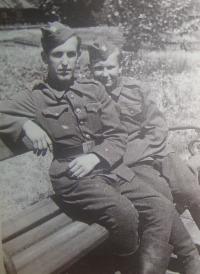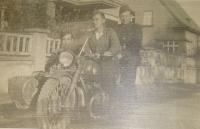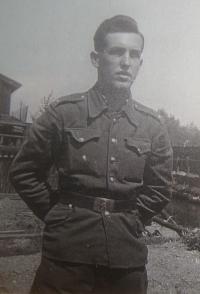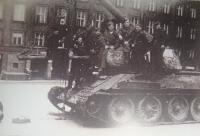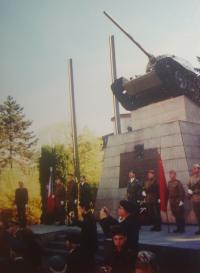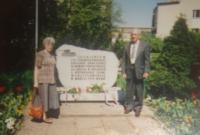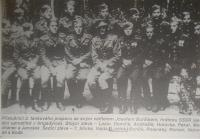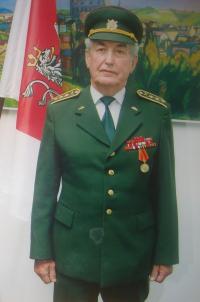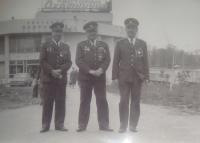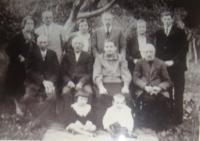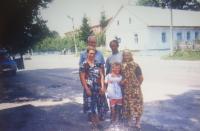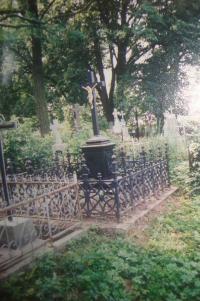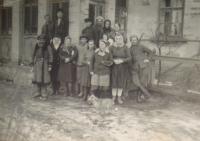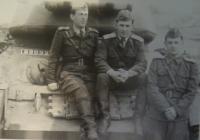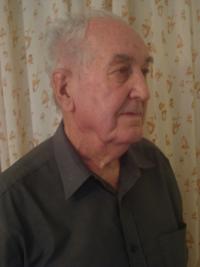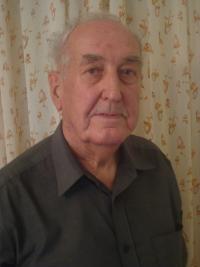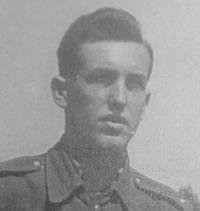In a tank unit with an arms and ammunition depot
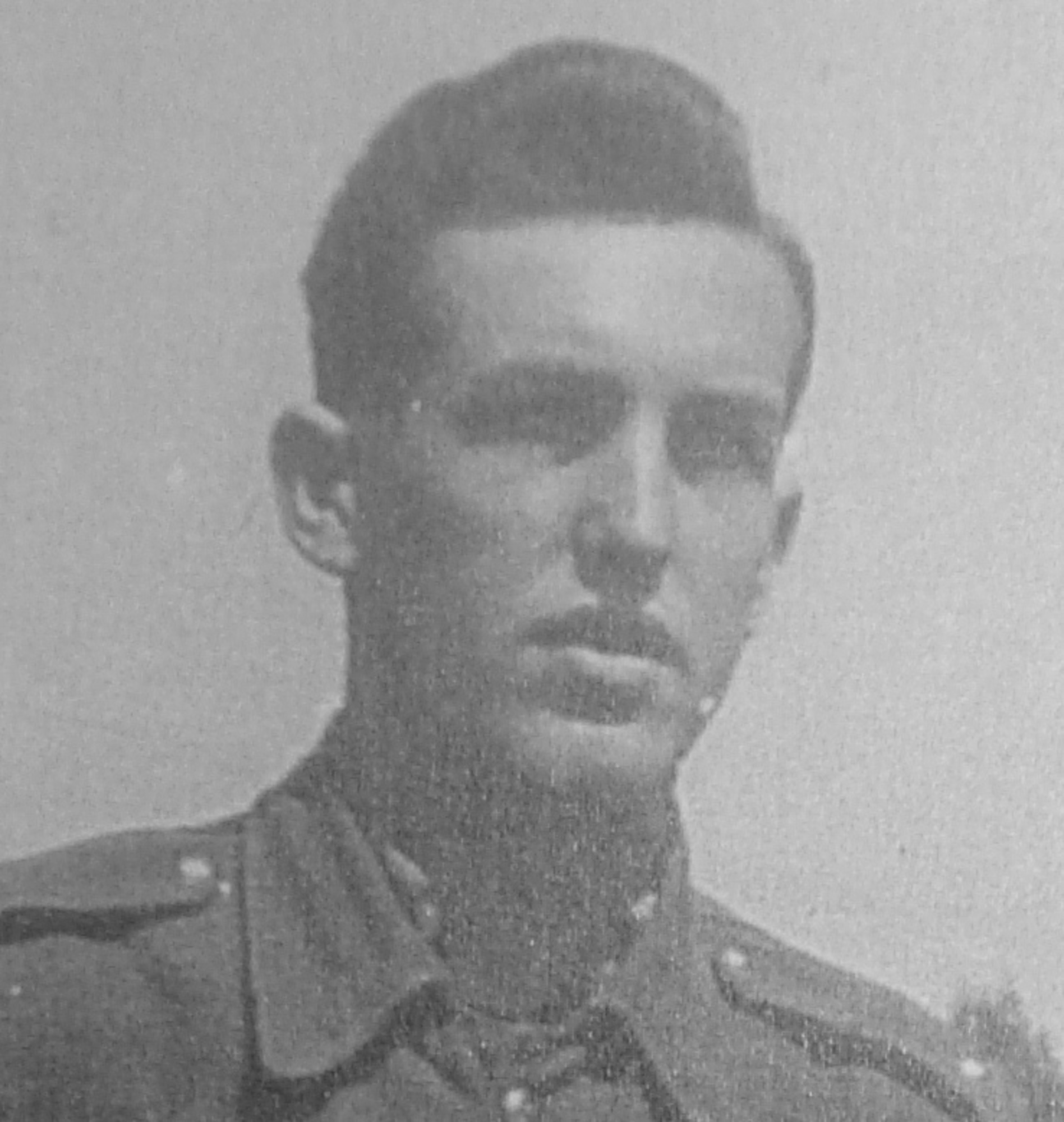
Stáhnout obrázek
Colonel in retirement Josef Vyletěl was born March 9, 1925 in the village Mirohošť in Volhynia in the then Poland. He was born into a community of Volhynian Czechs and his native village was half Czech and half Ukrainian. He has never seen his father. His father suffered a head injury by shrapnel in the battle at Zborov and he died as a result thereof in 1925. Josef‘s mother then remarried. Josef completed seven grades of Polish elementary school and then he enrolled in the Polish trade academy in Dubno. However, his studies became interrupted on September 17, 1939 by the Soviet occupation of western Volhynia, which was followed by the Nazi occupation after June 22, 1941. Josef was helping his stepfather with work on the farm during the war, but after the Red Army reentered Volhynia in early 1944, he enlisted in the newly formed 1st Czechoslovak Army Corps in Rovno on March 20, 1944. He wished to serve in tank units, a decision which was largely influenced by his experience with Soviet tankists‘ stay in Mirohošť. His wish eventually came true and he was assigned to serve in the Czechoslovak tank units. He served as a gunsmith in the technical service company and he was in charge of an arms and ammunition depot where he had to be within reach of the advancing tanks at any time. He joined the combat at Jaslo in Poland and in the Carpathian-Dukla operation. In February 1945, the 1st Czechoslovak Independent Tank Brigade was formed. Later it was transferred to southern Poland, where they took part in the liberation of the town Žory and other regions in southern Poland. In 1945 the brigade contributed to the liberation of the Ostrava region during the Ostrava-Opava operation. Even after the end of the war, Josef was deployed in the area of Moravská Ostrava in June 1945 due to the conflict with Poland. He subsequently went to Žatec and he applied to join the local Army Group Žatec. He took a property previously abandoned by deported Germans for his stepfather, who had followed the army corps as a civilian and who returned to Volhynia after the war, and in 1947 after the re-emigration of Volhynian Czechs he moved there together with his two sons. Josef then went to study an army school for tankists in Vyškov and when he graduated with a lieutenant‘s rank he was assigned to serve in Klatovy and later in Podbořany, where he also met his future wife. Then he was transferred to the District Military Administration office in Turnov and he and his wife lived in Jenišovice. His wife however died in 1972 and he married again. Then he lived with his second wife in Turnov. Josef Vyletěl passed away on October, the 20th, 2017.

